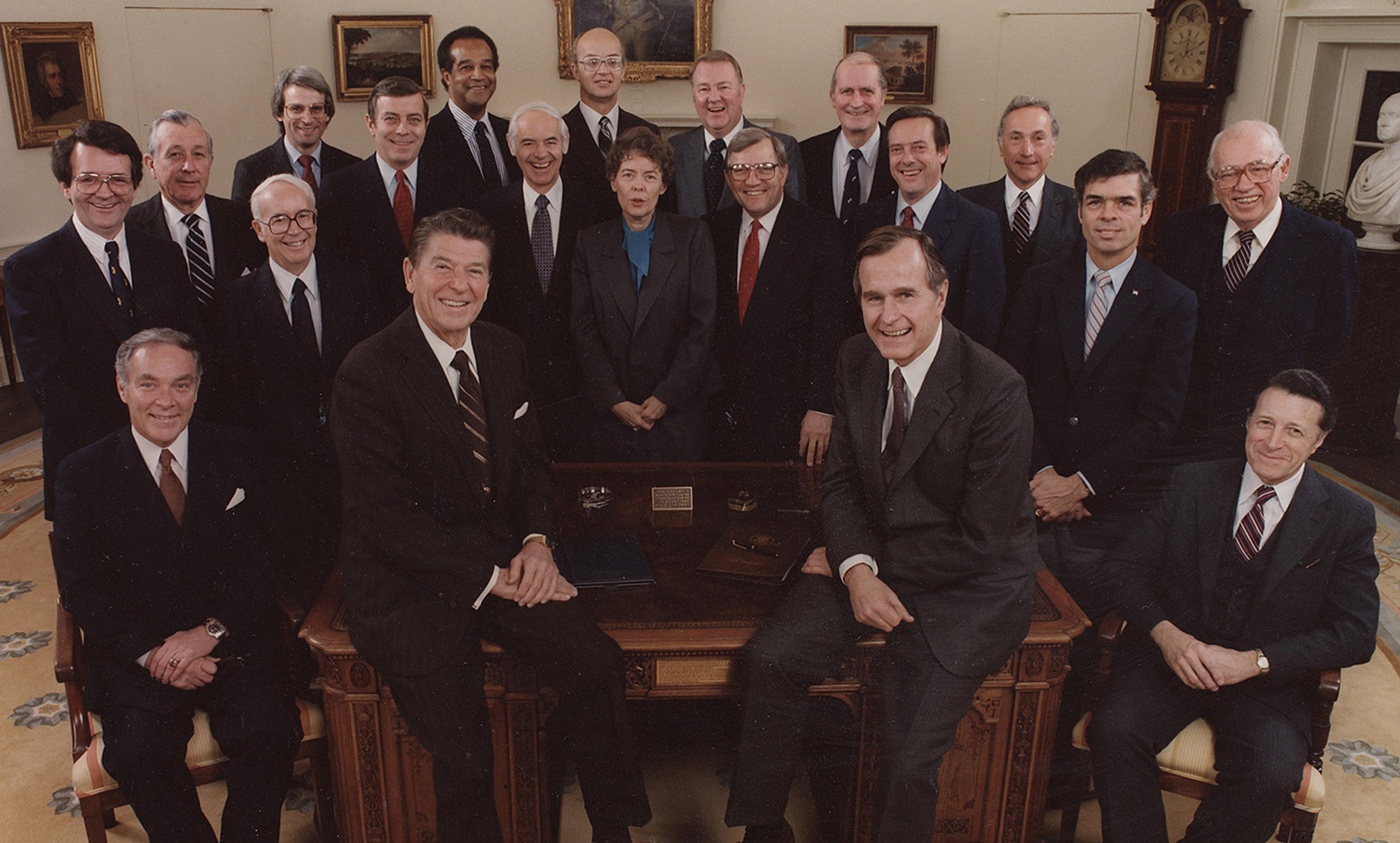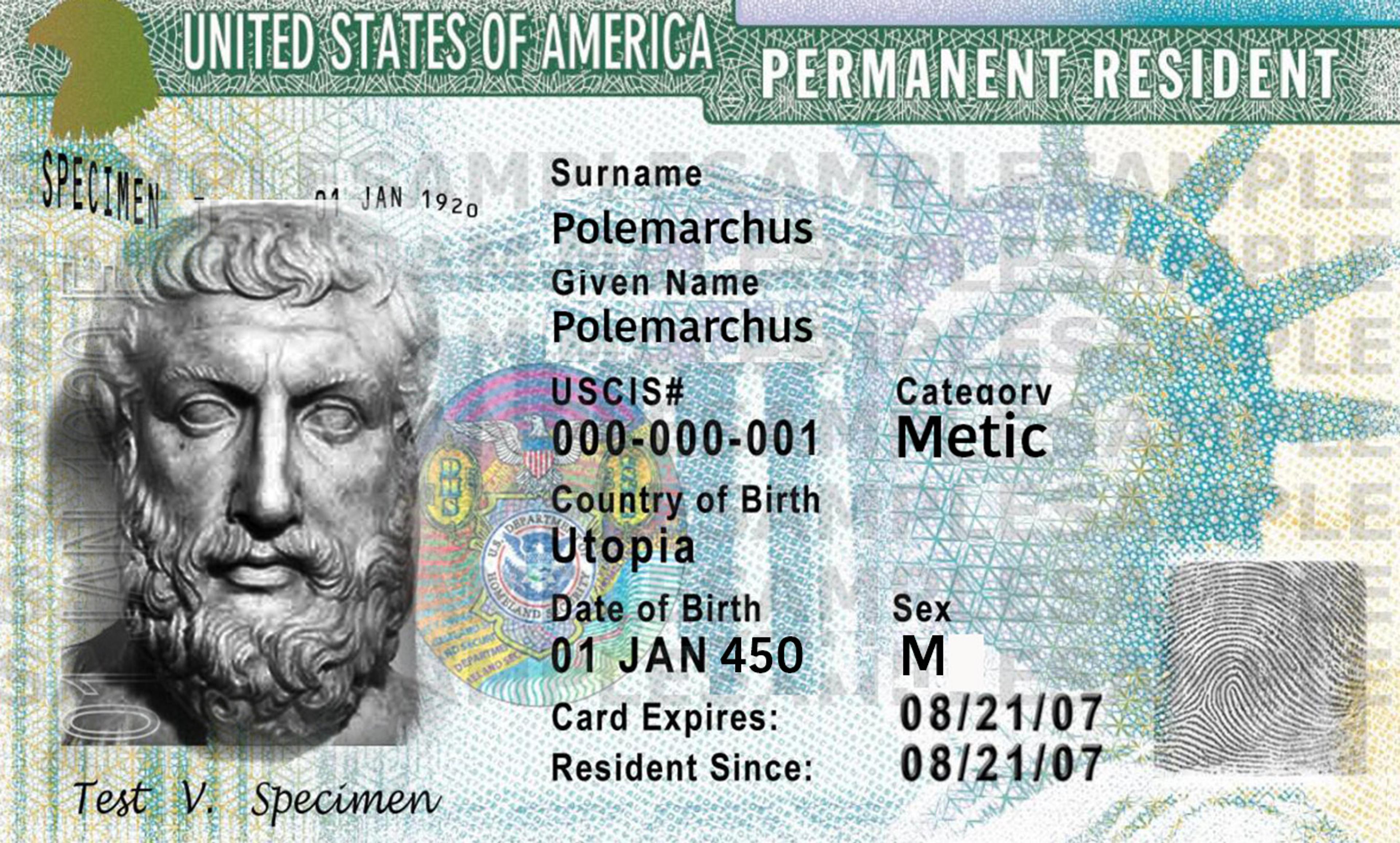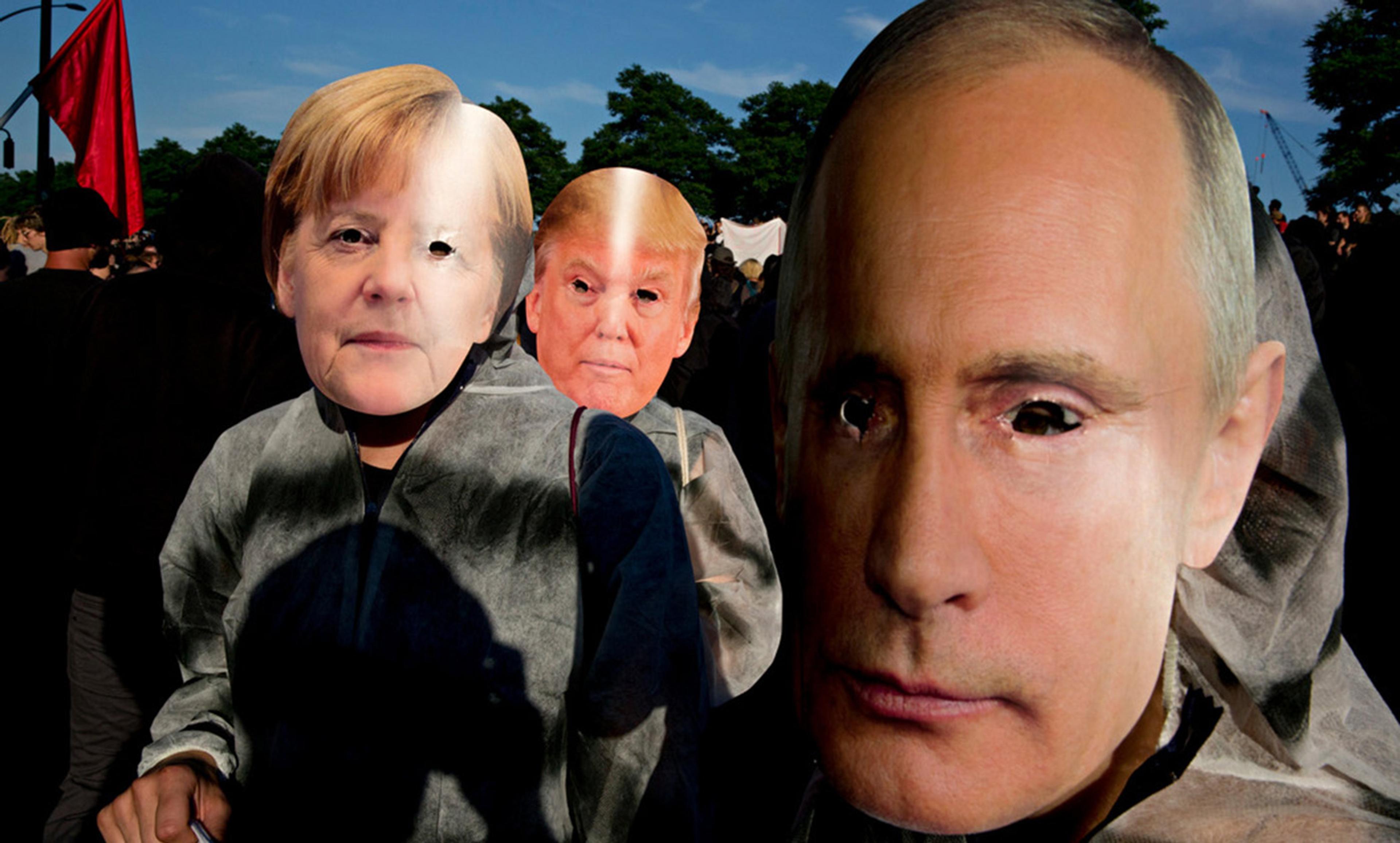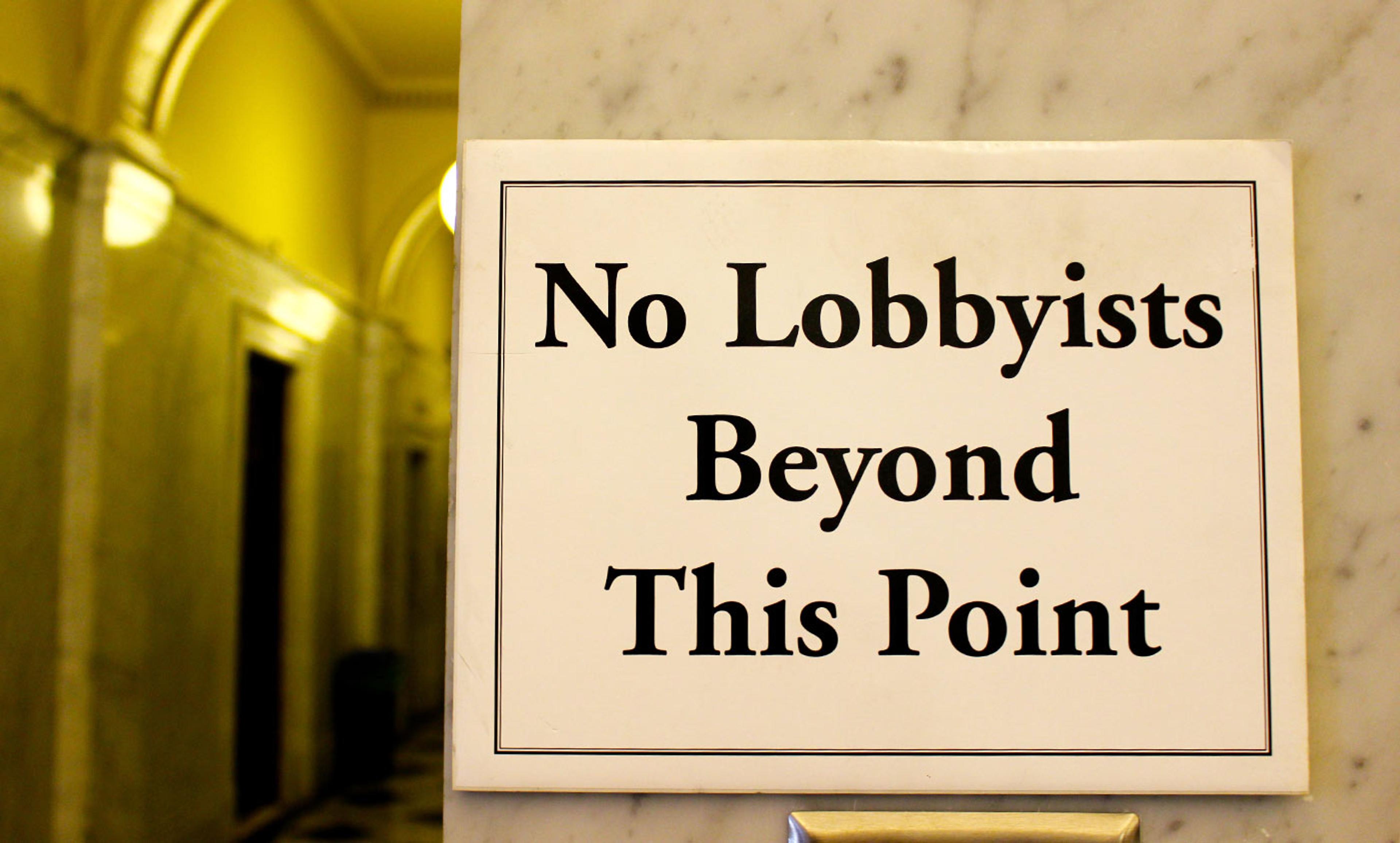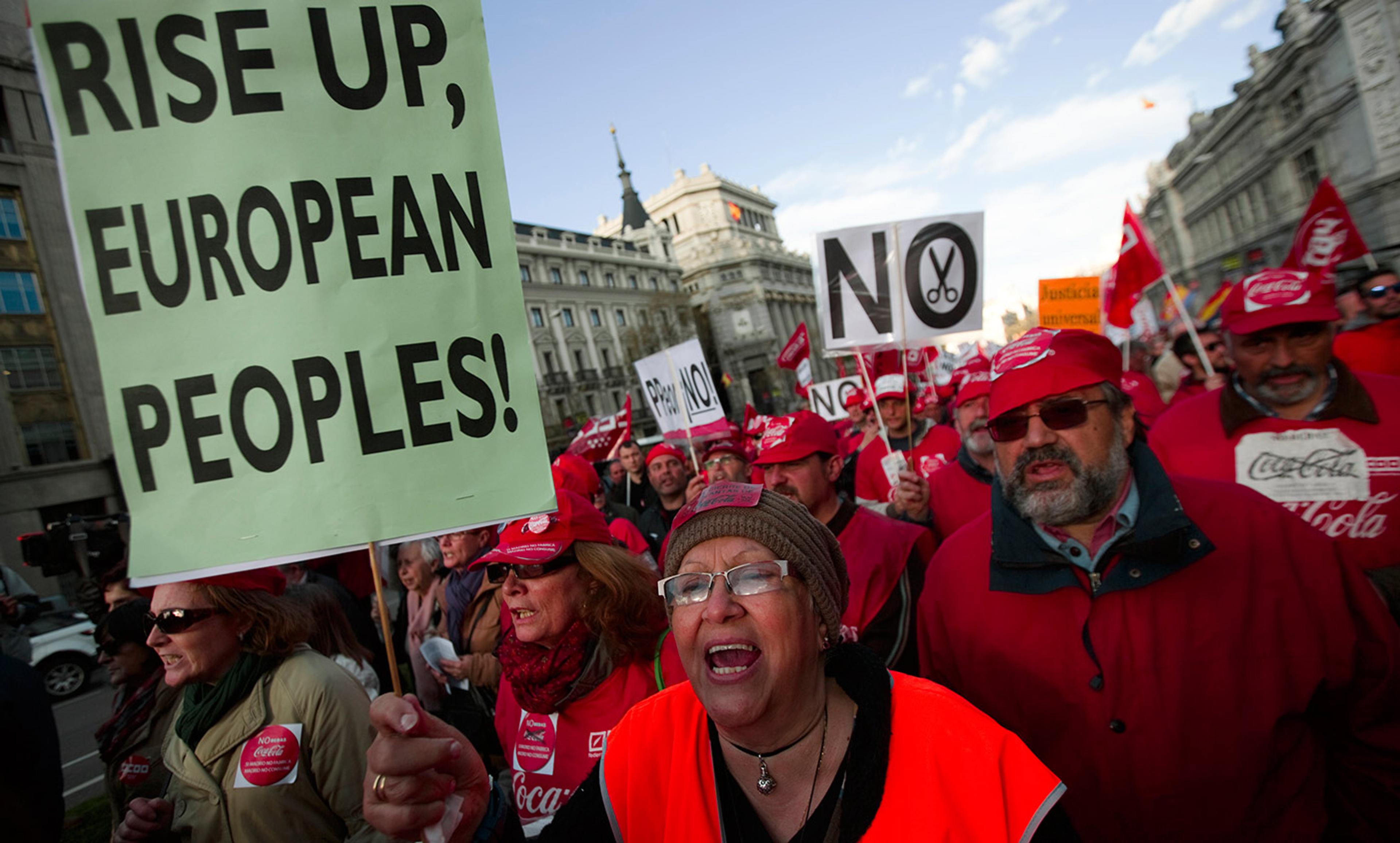Pinoeering anti-bureaucracy: The Reagan cabinet of 1981. Photo Wikipedia
Socrates, while serving on the Athenian Council, sought to prevent it from making an illegal decision. Martin Luther, when a council convened by the Emperor Charles V in 1521 told him to recant, is said to have declared: ‘Here I stand; I can do no other.’ The United States’ attorney general Elliot Richardson and the deputy attorney general William D Ruckelshaus both chose to resign in 1973 rather than obey President Richard Nixon’s order to fire the special prosecutor investigating Watergate. More recently, the acting attorney general Sally Yates was fired after she announced that the US Department of Justice would not cooperate in enforcing President Donald Trump’s executive order against Muslim immigrants. They all said no. Each of them, for reasons of principle, opposed an order from a higher authority (or sought to prevent its issuance). They are exceptional figures, in extraordinary circumstances. Yet most of the time, the rule of law is more mundane: it depends on officials carrying out their ordinary duties within the purposes of the offices they hold, and on citizens obeying them. That is to say, the rule of law relies upon obedience by bureaucrats, and obedience of bureaucrats – but crucially, within the established norms of the state.
The ancient Greeks made no sharp distinction between political rulers and bureaucratic officials. They considered anyone in a position of constitutional authority as the holder of an office. The ancient Greek world did not have a modern bureaucracy but they did confront the question of respect for norms of office and of obedience to office-holders. Plato addresses these questions, in both the Republic and the Laws, in relation to the danger of usurpation of democracy by a budding tyrant.
Of course, Plato was no democrat. But he did recognise the value of liberty – most explicitly in the Laws, where he posited liberty, wisdom and friendship as the three values that ought to guide the work of government. Plato wanted to balance liberty with what we would call the rule of law. For him, that included not only obedience to the law, but also obedience to the officials who have to carry it out. In the Republic’s portrait of democracy (in some ways a caricature, to be sure), he warns against drinking liberty unmixed with obedience, likening it to wine unmixed with water – a serious social solecism for the ancient Greeks. Doing so, he thinks, can lead to a deterioration of the norms of political office. Too much liberty might lead to the point that a city ‘insults those who obey the rulers as willing slaves and good-for-nothings, and praises and honours, both in public and in private, rulers who behave like subjects and subjects who behave like rulers’ (translation by G.M.A. Grube revised by C.D.C. Reeve, in John M. Cooper (ed.) Plato. Complete Works (Indianapolis: Hackett, 1997)).
To insult ‘those who obey the rulers’ by calling them ‘willing slaves’ is to reject the value of a norm of obedience to state office-holders. No constitution – no organisation of power into authority – can long subsist if the authority of its officials routinely merits defiance. The resister might be heroic and her actions could sometimes be necessary, but she must be an exceptional rather than an everyday case. Officials who defy illegitimate orders must logically always be the exceptions to a general rule of obeying orders, lest the very meaning of their defiance evaporate. Any conception of liberty, or any practice of government, that rejects the need for obedience to the norms of office, will destroy itself. So Plato reaffirms in the Laws that ‘complete freedom (eleutheria) from all rulers (archōn) is infinitely worse than submitting to a moderate degree of control’.
The statebuilding efforts of medieval and early modern Europe are great and complex endeavours, with their own rich histories. In relation to the rule of law and role of the bureaucrats, we can think of their papal chanceries, state treasuries and imperial ministries as a kind of foundation on which modern reformers and rulers and revolutionaries alike would build liberalism and the rule of law. These bureaucracies constituted the tools of power for rulers. In providing the impartial officials, rule of law procedures and institutional forms of equality, bureaucracy constituted the mechanisms to vouchsafe people’s rights. Liberal reformers used these very mechanisms to try to extend wider rights and liberties to more and more groups.
Max Weber, the influential early 20th-century German sociologist, feared that bureaucracy would be part of the over-rationalisation that he described as a looming ‘iron cage’. He feared it would grow too powerful, choking off meaning, value and political responsibility in its means-ends instrumental rationality. If Weber had lived a few years longer (he died at only 56, in 1920) and had been asked to speak about the crisis of liberalism in the young Weimar Republic, I think he would have expressed the concern (already present in his last writings) that no sufficiently charismatic and powerful politicians would emerge who would be able to bring the bureaucracy to heel. He saw bureaucracy as a major threat to modern life. The fear that the bureaucracy itself was vulnerable to tyrannical usurpation would not likely have crossed his mind.
Today, the US faces the threat of what we can think of as the political iron cage breaking down – possibly from executive leadership ignorant or contemptuous of the purposes of the organisation. Though obviously it has accelerated, the threat is not entirely new with the Trump administration. When president in the 1980s, Ronald Reagan pioneered the nomination of cabinet secretaries committed to abolishing or drastically curtailing the very agencies they were named to head. President George W Bush named agency administrators such as Michael D Brown, who lacked knowledge of his area of responsibility, as head of the Federal Emergency Management Agency. Brown’s eventual resignation in 2005 in the aftermath of Hurricane Katrina betokened not heroic defiance but a reaction to the storm of criticism for his lackadaisical response to the crisis. These public officials were not committed to the basic purposes and processes of the bureaucracies they were appointed to lead or serve.
To be sure, we must not be blind to the ways in which the machinery of state will remain a major resource for parties and politicians who seek to control and to advance their own ends. My point is that, while aspects of this machinery might remain intact, challenges to evidence-based reasoning, fair procedure and impartial officialdom – to the whole apparatus of bureaucratic office and the rule of law – threaten to corrode it. Whether in the long run the machinery itself can withstand this corrosion is an open question.
There is an irony here. Weber’s fear was that the iron cage of rationalising modernity, including bureaucracy, would stifle liberty, meaning and ultimate value, squeezing out responsible, charismatic politicians. Yet today, faced with the menace of charismatic, reckless politicians, what Weber feared as an iron cage appears to us to be the building block of some of history’s most hard-won rights. Plato looks more prescient: long ago he warned of both the charismatic but irresponsible politicians, and the insouciant, irresponsible officials who serve them, who risk eroding the norms of office on which the values of the rule of law and liberty rest.
